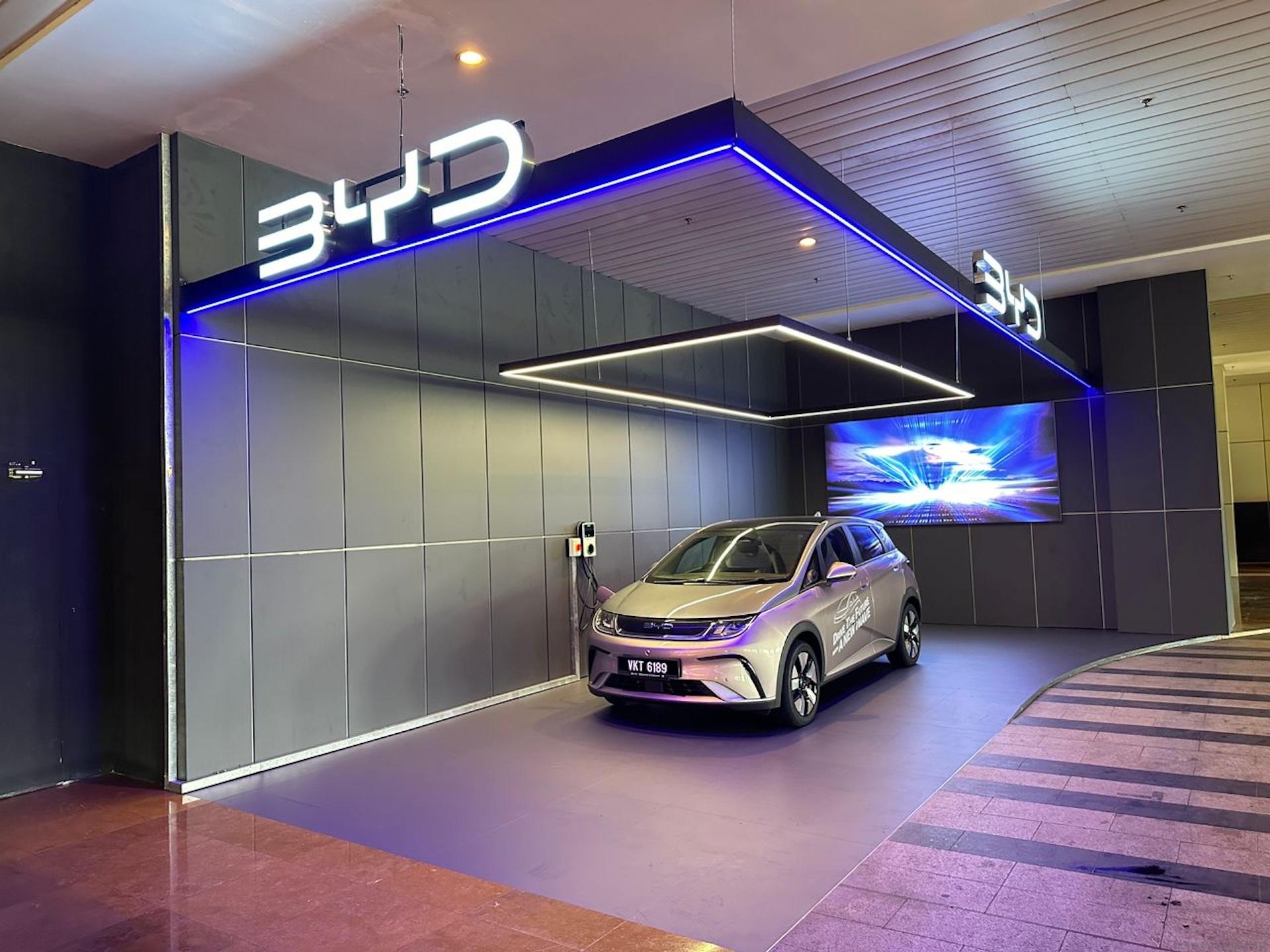A new study suggests that while many EV owners in the U.S need more help
McKinsey & Company’s recent Mobility Consumer Pulse survey has sparked significant discussion with its finding that 46 percent of current electric vehicle (EV) owners in the United States are considering a return to internal combustion engine (ICE) vehicles.

This statistic, which challenges the conventional belief that EV owners rarely switch back, underscores critical challenges facing the EV market’s mainstream adoption. Philipp Kampshoff from McKinsey’s Center for Future Mobility in the Americas emphasises that while this headline figure has drawn attention, the broader picture is more nuanced.
Moreover, the survey, involving 36,000 respondents across 15 countries, highlighted key concerns among EV owners globally. Issues such as inadequate public charging infrastructure, difficulties with home charging options, and general range anxiety emerged as significant barriers to sustained EV ownership satisfaction.

In the U.S. alone, where approximately 4,000 respondents participated, about 1,840 expressed a likelihood of returning to ICE vehicles. Despite this segment representing a minority against the backdrop of growing EV sales (1.4 million new EVs registered in 2023), it highlights specific pain points that need urgent attention from automakers, charging companies, and policymakers.
On top of that, the demographic profile of new EV owners is evolving, encompassing more diverse economic backgrounds and preferences beyond traditional high-income Tesla buyers. These new adopters often lack access to Tesla’s extensive charging network, face challenges charging in rental apartments, and are sensitive to the depreciating resale values of EVs.

Education emerges as a crucial factor in addressing these challenges. Many new EV buyers are unfamiliar with the intricacies of charging networks, home installations, and the operational differences between EVs and ICE vehicles. Kampshoff suggests that improving education around EV technology could alleviate some of these concerns owners have.
However, systemic barriers persist as car dealers, historically hesitant to promote EVs due to high costs and uncertain profitability, play a pivotal role in consumer education and support. Automakers, reliant on dealership networks for sales and customer service, face conflicting incentives amid the push towards electrification.
Despite these hurdles, Kampshoff remains cautiously optimistic about the future of EV adoption. He notes that 71 percent of global respondents expressed loyalty to EVs, suggesting a strong foundation for growth if critical issues are addressed promptly.

We got all this from InsideEVs and their full article is linked here. Thank you InsideEVs for the information and images.